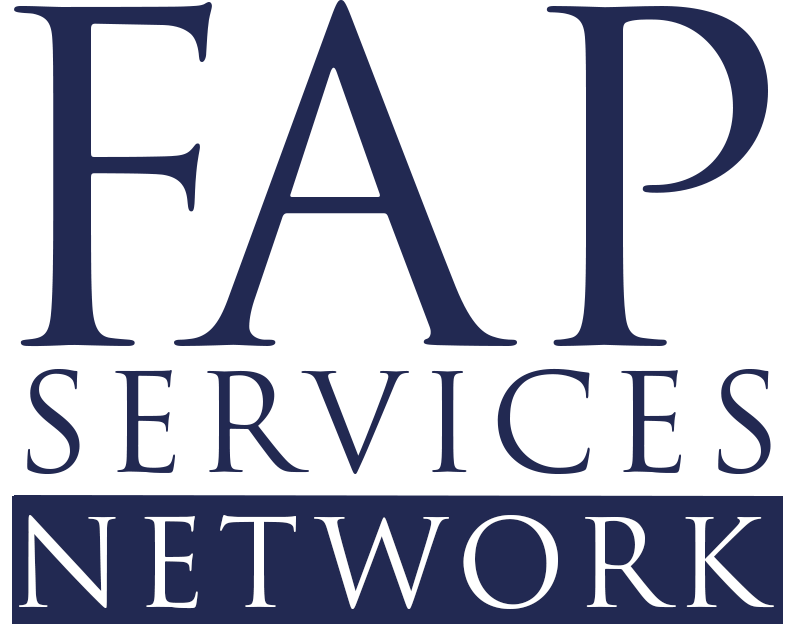Make sure you’ve read the ‘Building an Effective Referral Relationship’ article, as this covers key points on building your status as a trusted adviser, identifying your centre of influence (COI) and how to get to know them. The article can be found here.
This article covers two other key points for an effective referral relationship, educating your centre of influence (COI) and working through objections when referring clients.
Educating your Centre of Influence on your Adviser Services
It has taken you many years to develop your expertise and understanding of the problems you solve for clients. Don’t expect that one or two meetings with a COI will transfer that same understanding to a level where they feel confident to explain to a client why you could help them. Develop an ‘education’ programme for your COI (and their team) that builds up their knowledge of the financial risks that their clients face as a result of disability or death contextualised in case studies that show the real harm (physical and emotional) that occurs when risks are not managed. You can also develop case studies that show how your advice has improved the financial resilience of a client to a potential event of disablement or death. A quarterly series of 30-minute workshops to the relevant team members delivered over breakfast or lunch will enable you to:- Cement your relationship as a trusted and capable adviser
- Deepen their knowledge of how you help clients
- Open the conversation about clients who the issues might apply to
Centre of Influence Objections
The objections that a COI will give you about referring clients to you tend to fit into a few common categories. Your understanding of their philosophy and values may help determine if these are real obstacles or whether they reflect an opportunity for you to support a COI to learn the art of making effective referrals. A COI may not want to be perceived to compromise their independent professional relationship with their client so they may say things to you like:- I don’t refer to just one person – I give the client a few names
- I will let the client choose whether or not they call you (I have given the client your card)
- I don’t refer to anyone
Objection 1: I can understand that it might be important to you to ensure that you don’t want to appear to favour or be aligned to any one firm.
- What are the standards that you believe are important for an adviser to demonstrate to you about how they do business?
- How do you select the advisers that you will put in your ‘shortlist’ of recommended advisers?
- What would be helpful for me to show you about my service to clients to help you feel comfortable including me in your recommendations?
- What guidelines do you recommend to your clients to help them decide which adviser will be best for them?
I can understand that you may prefer to let your client choose whether or not they want to contact me. My experience is however that most clients just never get around to picking up the phone even though they may really need my help. I am guessing that you are making the recommendation to see me because you believe they will get value from my services. What concerns you most about me contacting them? Could I suggest a process that might help address this?After you have mentioned to the client that you feel there are some risk matters that might be important for them to review and you have given them my card, would you be happy to say to the client:
I know if you are anything like me the chances are you will get so busy that you will forget to call Mary from ABC. How would you feel if I suggest she calls you and explains to you how she works with clients’? You can decide for yourself after you have spoken to her if you want to meet. From what I know of what she does she may well be able to help you.’You are asking a COI to sell your service to their clients – make sure you have given them the tools to make that as simple as possible. They don’t really understand the value proposition you have to offer and are still orientated to the insurance solution rather than the problems you solve, so they make statements like:
- I asked the client and they told me they already have an adviser
- They already have some insurance
- We ask some risk questions each year as part of our service and so we would only refer a client if we identified some shortcomings
It is common to find that most clients have had some dealings with insurance, however as your own experience shows the way I approach solving a client’s problems and the service that I provide is vastly different from being just sold an insurance policy. How could I help you explain that to a client so that next time they say that to you, you are able to encourage them to have a review of their needs with me? In the meantime, would you be comfortable letting me contact the client to ensure that they understand exactly what we do and how I can help them?Making the process as easy as possible, e.g. giving them the email content will help them to act. If the COI has to think about what to say for themselves or what to write they will be less likely to do anything. Developing effective COI relationships is not a passive process. It requires a structured and persistent approach aimed at building trust, understanding and skills – skills of how to make a referral that results in action. Think hard about how you are defining what you do for clients – process isn’t what ultimately defines you – it’s the problems you help clients solve.
Seth Godin in The Dip says, “Selling is about a transference of emotion, not a presentation of facts. If it were just a presentation of facts, then a PDF flyer or a website would be sufficient to make the phone ring.”You are asking a COI to sell your service to their clients – make sure you have given them the tools to make that as simple as possible. This article was written by Cecilia Farrow, Managing Director and Founder of FAP Services Limited and TripleJump Group Holdings Ltd.


